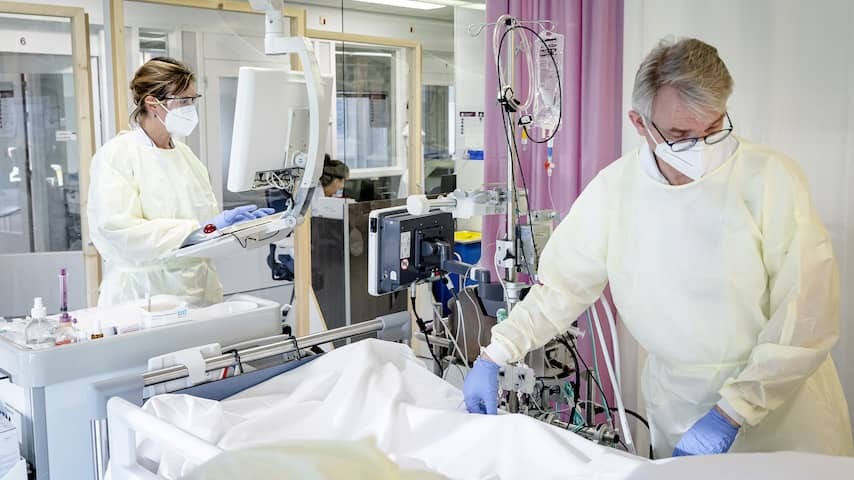
Corona and flu infections may play a role in the recurrence of cancer in previously recovered patients. International researchers discovered in mice how the viruses can reactivate “sleeping” breast cancer cells. KWF Kankerbestrijding (Dutch Cancer Society) supports Dutch follow-up research into the possible effects on humans.
The researchers reported their findings Wednesday in the medical journal Nature. It has long been known that cancer cells can lead a “sleeping” existence. These inactive cells are invisible on scans and can remain in the body for years after treatment. These cells do not have to lead to disease, but they can.
American scientists investigated the effect of a corona or flu infection in mice during the corona pandemic. In mice with dormant breast cancer cells, the number of cancer cells in the lungs increased a hundredfold in a short time.
In humans, there seems to be a possible link. But how strong that possible link is requires much more research. The fact that there may be a link does not mean that the flu is also the cause of the reactivation of these cancer cells, says oncologist and immunologist Hans Nijman of the University Medical Center Groningen.
Former cancer patients do not have to fear the flu, says Nijman. “You have to make a big difference between association and causality. In the mouse study, there seems to be a strong connection.”
‘Follow-up research is a step towards more insight’
Dutch professor Roel Vermeulen of the University Medical Center Utrecht participated in the international research. He found indications in British figures that the consequences for the mice may also apply to humans.
Vermeulen looked at cancer mortality among people who had been diagnosed five to ten years earlier and contracted corona in the first year of the pandemic, before vaccinations began. After the corona infection, their chance of still dying from cancer turned out to be three times as high.
Follow-up research, which is partly financed by KWF Kankerbestrijding, should clarify whether and to what extent vaccination can reduce the risks of cancer recurrence. The researchers suspect that it does, because vaccination protects against disruption of the immune system by infections.
Professor Nijman is particularly positive that follow-up research is coming. Little is known about why dormant cancer cells reactivate in one former patient and not in another. “We still have difficulty getting to the bottom of that. This follow-up research is a step towards more insight in this area.”